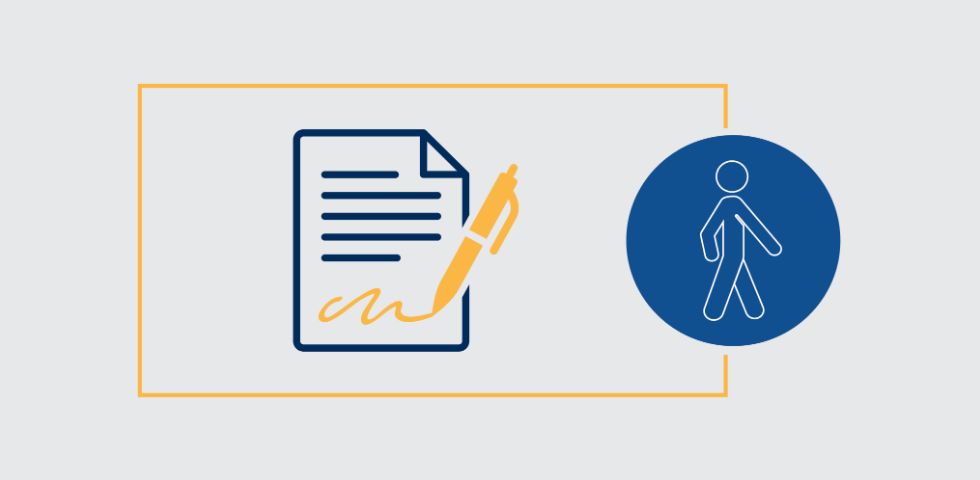Once a Social Security Disability Insurance (SSDI) claim has been filed and forwarded to the disability office for review, it is typical for applicants to receive questionnaires to complete. The most common questionnaire issued to applicants during the SSDI process is the Function Report, also known as the Activities of Daily Living. The Function Report is used to paint a picture for the disability examiner of any significant changes that have been made to daily activities because of the applicants disabling condition(s). When completing this form, it is important that applicants are specific and use examples whenever possible to best explain the changes that have been made. What might seem like many slight changes could add up to convincing evidence of disability.
When making a decision, Social Security not only reviews to determine if past work can be performed, but also to see if there is any work that can be performed based upon limitations and is available within the national economy. Applicants should avoid using vague terms such “a long time” or “very far”, as it is very easy to misinterpret what these unprecise measurements mean to each person. For example, instead of saying, “I cannot sit for a long time,” a stronger answer would be, “I am unable to sit for more than 15 minutes without changing positions.”
If the first round of an application is denied, the Function Report may be reviewed at subsequent application levels by another disability examiner or even Administrative Law Judge should the claim go to the hearing level. It is therefore essential that answers to the questionnaires be consistent, detailed, and honest, as it may be used as vital supporting evidence in a decision at a later level.
Nothing in this post is intended as advice or a suggestion to elect or not elect to claim benefits of any kind, including Social Security benefits, nor is it intended as financial advice in any way. The decision to claim benefits is a personal one that is contingent upon each individual’s unique circumstances.




